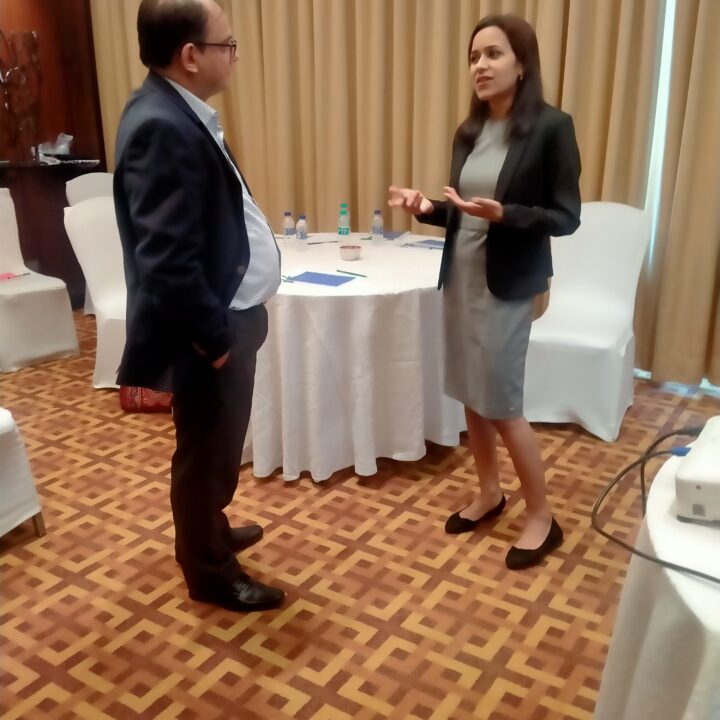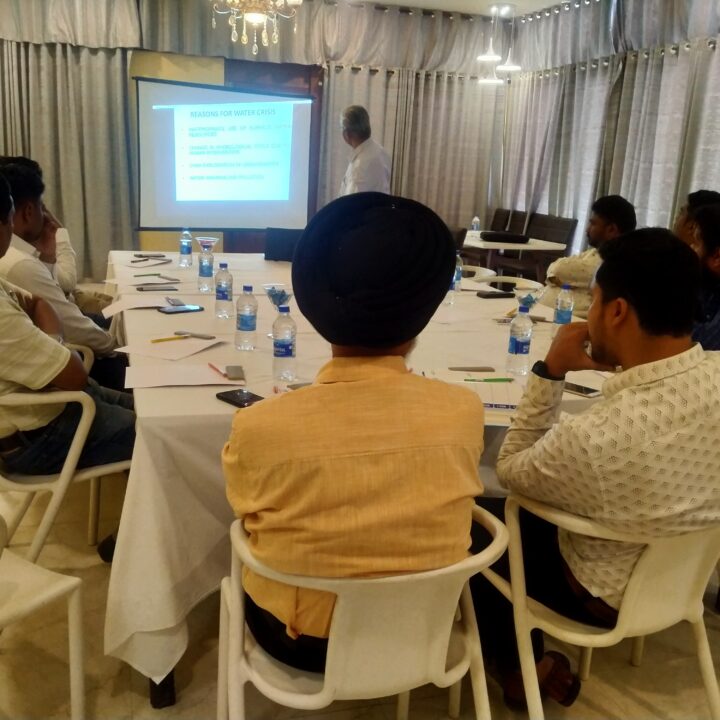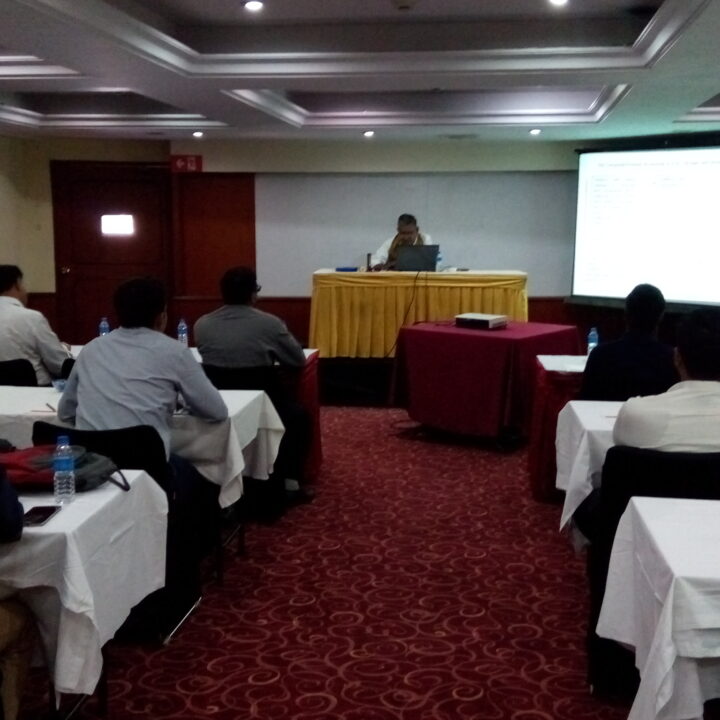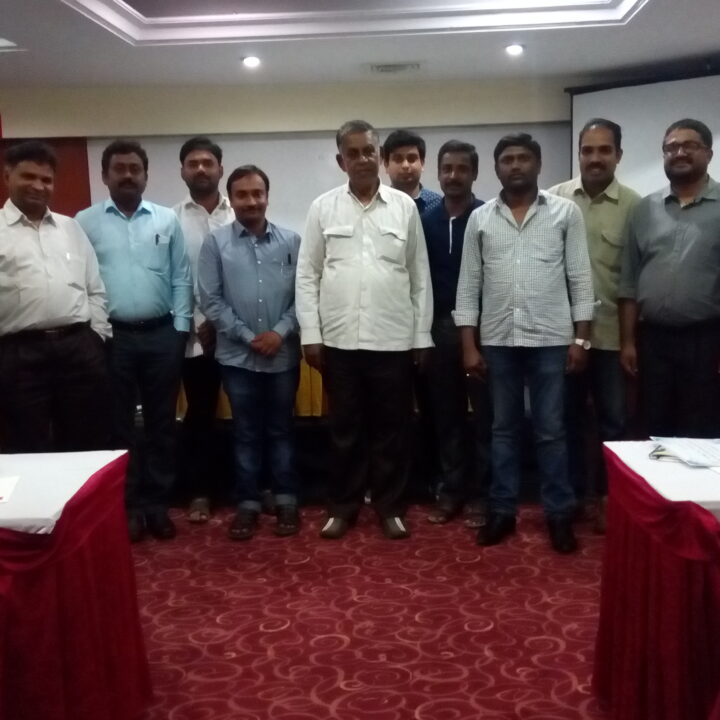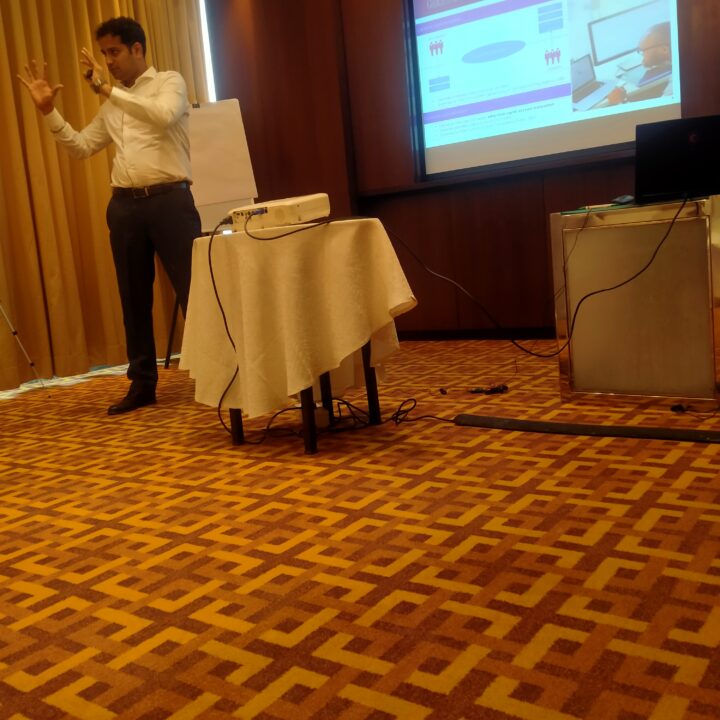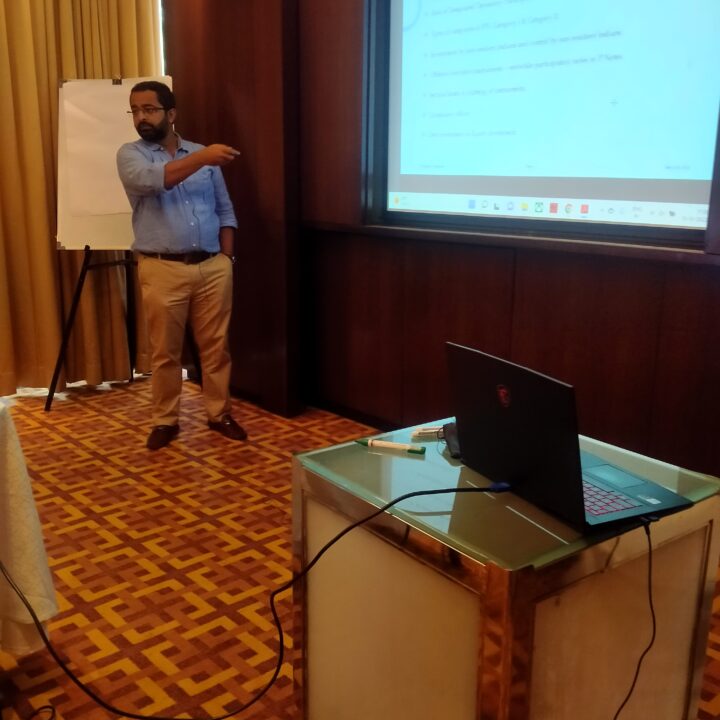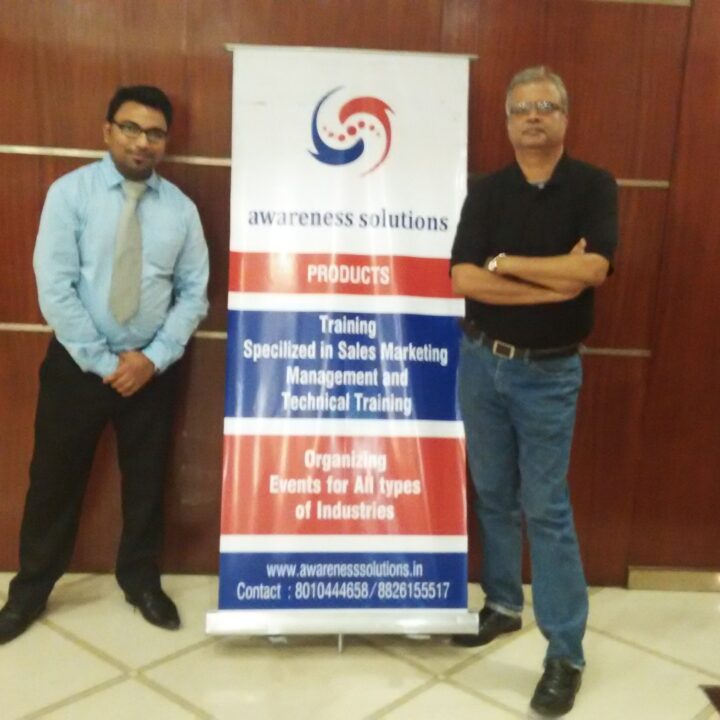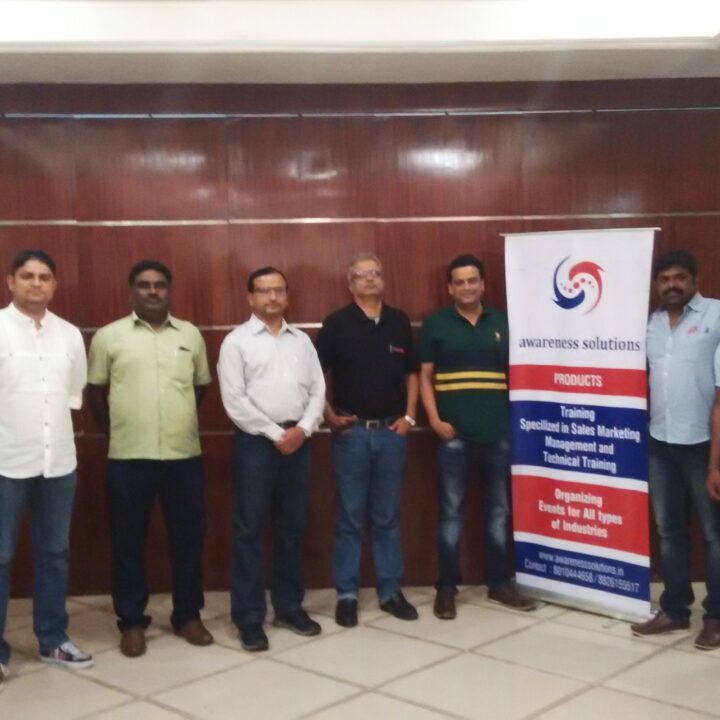Water & water water Award & Summit
- Home
- portfolio
- Upcoming Event
- Water & water water Award & Summit
Water & water water Award & Summit
1.ABOUT THE
1 Water & Wastewater Excellence Summit & Award
The “Water & Wastewater Excellence Summit & Award” is a prestigious event aimed at recognizing and celebrating outstanding achievements and innovations in the field of water and wastewater management. This summit brings together professionals, experts, researchers, policymakers, and stakeholders from around the world to exchange knowledge, ideas, and best practices in addressing the challenges related to water scarcity, pollution, treatment, and sustainability.
The summit serves as a platform to showcase cutting-edge technologies, groundbreaking research, successful projects, and effective strategies that contribute to the advancement of water and wastewater management practices. Through keynote presentations, panel discussions, workshops, and networking opportunities, participants gain valuable insights and inspiration to drive positive change in the industry.
Moreover, the accompanying awards ceremony honors individuals, organizations, and initiatives that have demonstrated exceptional leadership, innovation, and impact in the realm of water and wastewater management. These awards recognize excellence in various categories such as technology innovation, environmental stewardship, community engagement, policy advocacy, and sustainable practices.
Overall, the Water & Wastewater Excellence Summit & Award plays a crucial role in fostering collaboration, driving progress, and promoting a collective commitment to ensuring the availability of clean and safe water resources for current and future generations.
- Water Sector Awards: Water sector awards are recognition programs that celebrate achievements and innovations in the field of water management, conservation, and sustainability. These awards typically acknowledge organizations, projects, or individuals who have made significant contributions to the water sector. Examples of water sector awards include the Stockholm Water Prize, which honors outstanding water-related achievements, and various regional or national awards for water quality, conservation, and infrastructure projects.
- Water Sector Summits: Water sector summits are conferences or gatherings where professionals, experts, policymakers, and stakeholders from the water industry come together to discuss critical issues, share knowledge, and explore solutions to challenges in the field. These summits often focus on topics such as water scarcity, water quality, infrastructure development, and sustainable water management practices. Some well-known water sector summits include the World Water Week in Stockholm and the World Water Forum, which provide platforms for discussing global water-related issues.
2.Highlight of event
- Recognition of Excellence: Water and wastewater awards typically celebrate organizations, projects, or individuals that have demonstrated excellence and innovation in the water sector. This recognition highlights the best practices and contributions to the field.
- Knowledge Sharing: Summits often serve as platforms for professionals, experts, and stakeholders to share knowledge, experiences, and insights. Attendees have the opportunity to learn from one another and stay updated on industry trends.
- Keynote Speakers: Prominent figures in the water industry, policymakers, and experts often deliver keynote addresses, providing valuable perspectives and setting the tone for the event.
- Panel Discussions: Expert panels cover a range of topics, such as water quality, infrastructure development, sustainability, and policy. These discussions offer diverse viewpoints and solutions to common water challenges.
- Workshops and Technical Sessions: These hands-on sessions and technical presentations allow participants to dive deeper into specific subjects, technologies, and practices relevant to the water and wastewater sector.
- Networking Opportunities: Events provide ample opportunities for networking, facilitating collaborations and partnerships among professionals, organizations, and government agencies.
- Exhibition Showcases: Many summits feature exhibitions where companies and organizations can showcase their products, services, and innovations related to water and wastewater management.
- Awards Ceremony: Recognizing outstanding achievements in water and wastewater management through various award categories. This ceremony often highlights sustainability, innovation, and leadership.
- Policy and Regulation Discussions: Summits can include sessions focused on water policy, regulations, and the impact of governmental decisions on the industry.
- Global Perspectives: International participation and discussions may shed light on global water challenges and the exchange of best practices between different regions.
- Participants
- Government Representatives: Officials from government agencies responsible for water and wastewater management often participate to discuss policy, regulations, and funding related to the sector.
- Industry Professionals: Professionals from various sectors of the water industry, including water treatment, wastewater management, infrastructure development, and technology providers, may attend to share expertise and showcase innovations.
- Academics and Researchers: Experts and academics in the field of water and wastewater management may participate to present research findings, share insights, and contribute to discussions on cutting-edge developments.
- Environmental Organizations: Non-governmental organizations (NGOs) and environmental groups focused on water conservation and sustainability may attend to advocate for environmentally responsible practices.
- Corporate Representatives: Companies and corporations involved in water-related products or services, including water technology, equipment, and consulting firms, often participate to network and showcase their solutions.
- International Delegates: Representatives from international organizations, such as the United Nations, and foreign governments may attend to discuss global water challenges and solutions.
- Community and NGO Representatives: Representatives from local communities and non-profit organizations working on water access, sanitation, and clean water advocacy may participate to share their experiences and initiatives.
- Awards Recipients: Those who have been nominated for or won awards at the event may attend to receive recognition for their contributions to the water and wastewater sector.
- Media and Journalists: Journalists and media professionals often cover such events to report on key discussions, innovations, and award ceremonies.
- Agenda
Day 1: Opening Session and Keynote Addresses
- Morning
- Registration
- Opening Remarks by Event Organizers
- Keynote Address: Prominent figure in the water sector discussing global water challenges and trends
- Networking Break
- Late Morning
- Panel Discussion 1: Current State of Water and Wastewater Management
- Presentation: The Importance of Sustainable Water Management
- Q&A Session with Speakers
Parallel Technical Sessions 2: Topics may include water quality monitoring, infrastructure development, policy and regulation, and more.
- Workshop: Sustainable Water Reuse Strategies
- Panel Discussion 3: Innovations in Water Treatment Technologies
- Workshop Session: Best Practices in Wastewater Treatment
- Workshop: Smart Water Management Solutions
- Networking Break- High Tea
- Panel Discussion 4: Future Trends and Challenges in Water and Wastewater Management
- Awards Ceremony: Recognizing outstanding achievements in the water sector
- Closing Remarks by Event Organizers
- Feedback and Evaluation Session
- Closing with Dinner
5
categories:
- Advanced Treatment Technologies:
- Membrane Filtration
- Reverse Osmosis
- Ultraviolet Disinfection
- Smart Water Management:
- IoT-based Monitoring Systems
- Data Analytics Platforms
- Remote Sensing Technologies
- Resource Recovery Innovations:
- Nutrient Recovery Technologies
- Energy Generation from Wastewater
- Biochar Production from Sludge
- Water Quality Improvement:
- Pollution Prevention Measures
- Habitat Restoration Projects
- Source Water Protection Initiatives
- Ecological Restoration Projects:
- Wetland Rehabilitation
- Riparian Zone Restoration
- Biodiversity Conservation Efforts
- Green Infrastructure Initiatives:
- Rain Gardens
- Permeable Pavements
- Green Roofs
- Community Engagement Programs:
- Public Awareness Campaigns
- Volunteer-driven Initiatives
- Citizen Science Programs
- Collaborative Partnerships:
- Public-Private Partnerships
- NGO Collaborations
- Multi-Stakeholder Forums
- Regulatory Compliance and Reporting:
- Adherence to Water Quality Standards
- Compliance with Wastewater Discharge Regulations
- Regulatory Reporting and Monitoring
- Policy Development and Implementation:
- Advocacy for Water-related Policies
- Legislative Initiatives
- Policy Analysis and Recommendations
- Water Conservation Technologies:
- Low-flow Fixtures
- Water-saving Appliances
- Smart Irrigation Systems
- Energy Efficiency Solutions:
- Renewable Energy Integration
- Energy Optimization Measures
- Energy Recovery Systems
- Circular Economy Initiatives:
- Closed-loop Water Systems
- Waste-to-resource Programs
- Circular Supply Chain Practices
- Innovative Research Projects:
- Breakthrough Technologies
- Scientific Discoveries
- Academic Collaborations
- Educational Programs:
- Workshops and Seminars
- School Outreach Initiatives
- Training and Capacity Building Programs
- Public Awareness Campaigns:
- Social Media Campaigns
- Educational Videos
- Community Events
- Industry Partnerships:
- Collaborations with Water Technology Companies
- Joint Research Projects
- Industry-sponsored Initiatives
- Infrastructure Resilience Projects:
- Climate-resilient Design Solutions
- Flood Management Strategies
- Disaster Preparedness Plans
- Water Equity Initiatives:
- Access to Clean Water for Underserved Communities
- Addressing Water Affordability Issues
- Water Rights Advocacy Programs
- Cross-border Water Management:
- Transboundary Water Agreements
- International Cooperation Projects
- Water Sharing Mechanisms
- Youth Engagement Programs:
- Youth-led Water Initiatives
- Student Competitions
- Youth Ambassador Programs
- Indigenous Water Stewardship:
- Indigenous Water Management Practices
- Collaboration with Indigenous Communities
- Traditional Ecological Knowledge Sharing
- Innovations in Water Distribution Systems:
- Leak Detection Technologies
- Smart Metering Solutions
- Pressure Management Systems
- Disaster Response and Recovery:
- Emergency Water Supply Solutions
- Rapid Deployment Systems
- Post-disaster Rehabilitation Projects
- Digital Water Solutions:
- Digital Twin Technology
- Cloud-based Water Management Platforms
- Predictive Analytics Tools
- Water Governance and Institutional Reform:
- Strengthening Water Institutions
- Governance Reforms
- Participatory Decision-making Processes
- Inclusive Water Management Initiatives:
- Gender-sensitive Water Projects
- Disability-inclusive Water Infrastructure
- Socially Inclusive Water Policies
- Innovative Financing Models:
- Public-private Partnerships
- Impact Investment Funds
- Water Bonds
- Wastewater Reuse and Recycling Projects:
- Industrial Wastewater Reclamation
- Agricultural Wastewater Reuse
- Direct Potable Reuse Systems
- Urban Water Resilience Strategies:
- Integrated Water Management Plans
- Urban Water Sensitive Design
- Drought Preparedness Measures
- Water-related Health Initiatives:
- Waterborne Disease Prevention Programs
- Access to Sanitation Facilities
- Health Impact Assessments
- Innovations in Stormwater Management:
- Green Stormwater Infrastructure
- Stormwater Harvesting Systems
- Sustainable Drainage Solutions
- Water Education for Sustainable Development:
- Curriculum Integration Programs
- Experiential Learning Projects
- Education for Sustainable Development (ESD) Initiatives
- Sustainable Agriculture and Water Conservation:
- Precision Irrigation Technologies
- Soil Moisture Monitoring Systems
- Agroforestry Practices
- Innovative Water Treatment Solutions:
- Electrocoagulation
- Adsorption Technologies
- Modular Treatment Systems
- Water Innovation Incubators and Accelerators:
- Start-up Support Programs
- Technology Commercialization Platforms
- Innovation Challenges
- Blue Carbon Initiatives:
- Coastal Wetland Conservation Projects
- Blue Carbon Offsetting Programs
- Mangrove Restoration Projects
- Renewable Energy-powered Water Systems:
- Solar-powered Water Pumps
- Wind-powered Desalination Plants
- Micro-hydro Systems
- Water-sensitive Urban Design Projects:
- Permeable Pavements
- Green Roofs
- Rainwater Harvesting Systems
- Inclusive Sanitation Solutions:
- Accessible Sanitation Facilities
- Community-led Sanitation Projects
- Sanitation Marketing Programs
- Nature-based Solutions for Water Management:
- Ecosystem-based Adaptation Measures
- Natural Infrastructure Projects
- Biodiversity Conservation Initiatives
- Artificial Intelligence in Water Management:
- AI-driven Water Quality Monitoring
- Predictive Analytics for Water Infrastructure
- AI-based Decision Support Systems
- Water Rights Advocacy:
- Legal Advocacy for Water Rights
- Indigenous Water Rights Protection
- Community-driven Water Rights Campaigns
- Adaptation to Climate Change:
- Climate-resilient Water Infrastructure
- Water-related Disaster Risk Reduction Strategies
- Climate Change Adaptation Plans
- Innovations in Groundwater Management:
- Groundwater Recharge Projects
- Managed Aquifer Recharge Systems
- Groundwater Monitoring Technologies
- Water Quality Monitoring and Surveillance:
- Real-time Water Quality Monitoring Networks
- Smart Sensors for Water Quality Assessment
- Citizen Science-based Monitoring Programs
- Integrated River Basin Management:
- Watershed Management Plans
Certainly! Here are some award categories specifically tailored for water and wastewater Original Equipment Manufacturers (OEMs):
- Innovative Water Treatment Equipment Award:
- Recognizing OEMs that have developed or implemented innovative technologies and equipment for water treatment processes.
- Efficient Wastewater Treatment Systems Award:
- Highlighting OEMs that produce wastewater treatment systems known for their efficiency, effectiveness, and reliability.
- Advanced Filtration Equipment Award:
- Acknowledging OEMs that specialize in advanced filtration systems for removing contaminants from water and wastewater streams.
- Disinfection Equipment Excellence Award:
- Celebrating OEMs that manufacture high-quality disinfection equipment for ensuring the safety and purity of water supplies.
- Desalination System Innovation Award:
- Recognizing OEMs that have made significant advancements in desalination technology, enabling the production of freshwater from seawater or brackish sources.
- Membrane Technology Advancement Award:
- Highlighting OEMs that excel in the development and production of membrane-based filtration and separation systems for water and wastewater treatment.
- UV Disinfection Systems Excellence Award:
- Acknowledging OEMs that produce ultraviolet (UV) disinfection systems known for their effectiveness in deactivating pathogens and microorganisms in water.
- Ozone Generation Systems Award:
- Celebrating OEMs that manufacture ozone generation systems used for water treatment applications, including disinfection, oxidation, and odor control.
- Pumping and Conveying Equipment Innovation Award:
- Recognizing OEMs that specialize in the design and manufacture of pumps, conveyors, and related equipment used in water and wastewater treatment processes.
- Chemical Dosing Systems Excellence Award:
- Highlighting OEMs that produce chemical dosing systems used for precise and efficient chemical treatment in water and wastewater treatment plants.
- Remote Monitoring and Control Systems Award:
- Acknowledging OEMs that provide advanced remote monitoring and control systems for optimizing the performance and efficiency of water and wastewater treatment facilities.
- Sludge Handling Equipment Innovation Award:
- Celebrating OEMs that develop innovative equipment and systems for handling, dewatering, and disposing of sludge generated during wastewater treatment processes.
- Instrumentation and Analytical Equipment Excellence Award:
- Recognizing OEMs that manufacture instrumentation and analytical equipment used for monitoring water quality parameters and optimizing treatment processes.
- Odor Control Systems Innovation Award:
- Highlighting OEMs that specialize in the design and manufacture of odor control systems for mitigating unpleasant odors associated with wastewater treatment facilities.
- Energy-Efficient Equipment Solutions Award:
- Acknowledging OEMs that produce energy-efficient equipment and systems for water and wastewater treatment, helping to reduce operational costs and environmental impact.
- Modular Treatment Systems Excellence Award:
- Celebrating OEMs that offer modular and scalable treatment systems designed for easy installation, expansion, and customization to meet varying project requirements.
- Robust and Durable Equipment Award:
- Recognizing OEMs that manufacture high-quality, durable equipment known for its longevity, reliability, and low maintenance requirements in harsh water treatment environments.
- Customized Equipment Solutions Award:
- Highlighting OEMs that specialize in providing customized equipment solutions tailored to the specific needs and challenges of individual water and wastewater treatment projects.
- Innovations in Remote and Rural Solutions Award:
- Acknowledging OEMs that develop innovative equipment and systems specifically designed for remote or rural water and wastewater treatment applications, addressing unique challenges and constraints.
- Safety and Compliance Equipment Excellence Award:
- Celebrating OEMs that prioritize safety features and compliance with industry standards and regulations in the design and manufacture of water and wastewater treatment equipment.
Certainly! Here are some award categories specifically tailored for water treatment:
- Water Quality Improvement Award:
- Recognizing initiatives that have significantly improved the quality of drinking water sources through innovative treatment processes.
- Innovative Water Treatment Technology Award:
- Highlighting breakthrough technologies or approaches that have revolutionized water treatment processes, ensuring safe and clean drinking water.
- Advanced Filtration Systems Award:
- Acknowledging the development or implementation of advanced filtration systems that effectively remove contaminants from water sources.
- Disinfection Excellence Award:
- Celebrating projects or technologies that excel in disinfecting water to eliminate harmful pathogens and ensure public health safety.
- Desalination Innovation Award:
- Recognizing advancements in desalination technologies that enable the conversion of seawater or brackish water into potable water.
- Arsenic and Heavy Metal Removal Award:
- Highlighting initiatives or technologies that effectively remove arsenic, lead, mercury, and other heavy metals from drinking water sources.
- Microbial Contaminant Control Award:
- Acknowledging efforts to control and eliminate microbial contaminants such as bacteria, viruses, and protozoa from water supplies.
- Emerging Contaminant Treatment Award:
- Celebrating projects or technologies that address emerging contaminants such as pharmaceuticals, personal care products, and microplastics in water treatment.
- Nutrient Removal and Management Award:
- Recognizing strategies or technologies that efficiently remove nutrients like nitrogen and phosphorus from water sources to prevent eutrophication.
- Advanced Oxidation Processes (AOPs) Award:
- Highlighting the use of advanced oxidation processes to degrade organic pollutants and eliminate persistent contaminants in water treatment.
- Membrane Technology Advancement Award:
- Acknowledging advancements in membrane-based water treatment technologies, including reverse osmosis, nanofiltration, and ultrafiltration.
- UV Disinfection Excellence Award:
- Celebrating the implementation of ultraviolet (UV) disinfection systems that effectively deactivate pathogens and ensure water safety.
- Sustainable Water Treatment Practices Award:
- Recognizing projects or initiatives that prioritize sustainability in water treatment processes, including energy efficiency, resource conservation, and waste reduction.
- Community Water Treatment Plant of the Year Award:
- Highlighting exemplary community water treatment plants that demonstrate outstanding performance, reliability, and efficiency in providing safe drinking water.
- Industrial Water Treatment Innovation Award:
- Acknowledging industrial facilities or sectors that have implemented innovative water treatment solutions to meet stringent regulatory requirements and protect the environment.
- Drinking Water Resilience Award:
- Celebrating initiatives that enhance the resilience of drinking water systems against natural disasters, climate change impacts, and other disruptive events.
- Remote and Rural Water Treatment Excellence Award:
- Recognizing projects or technologies that provide safe and reliable drinking water solutions for remote or rural communities facing unique challenges.
- Water Treatment Plant Optimization Award:
- Highlighting efforts to optimize water treatment plant operations, improve efficiency, and enhance overall performance through innovative management practices.
- Small-Scale Water Treatment Solution Award:
- Acknowledging innovative and cost-effective water treatment solutions tailored for small-scale applications, such as decentralized water supply systems or point-of-use treatment devices.
- Water Treatment Plant Safety and Security Award:
- Celebrating initiatives that prioritize safety and security measures to protect water treatment plant personnel, facilities, and water supplies from potential hazards and threats.
About Organization
About Jury
Nomination Fees :- INR – 20 K Plus Gst
REGISTRATION DETAILS
For more queries and group registration speak to
- +91 7251978866
- info@assolutions.tech

